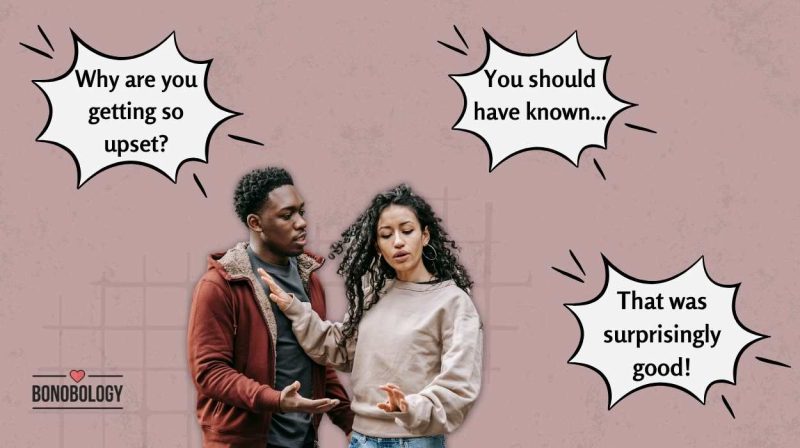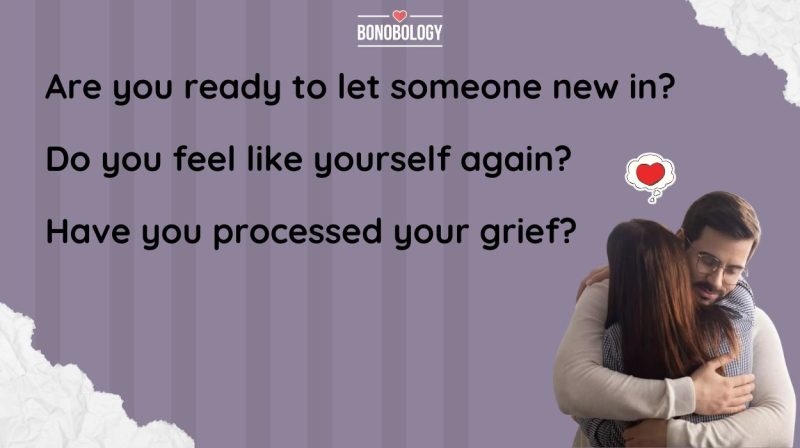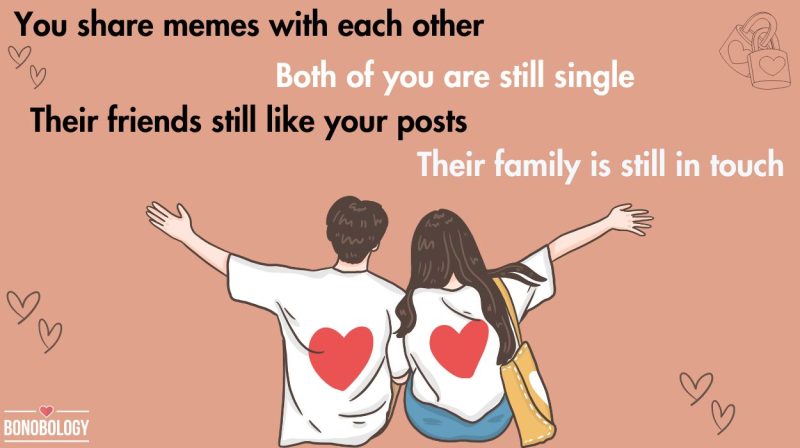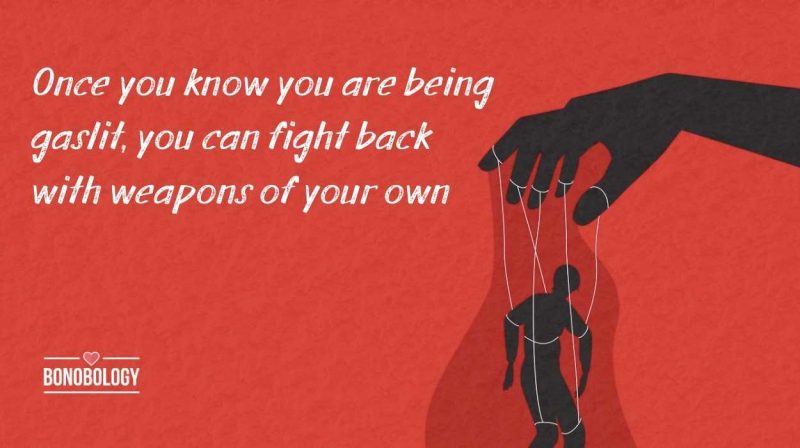We have all found ourselves entangled in someone’s passive-aggressive behavior at one point or the other. But for me, passive-aggressive behavior in relationship became a recurring theme when it etched itself into my past romance. Little did I know at the time that subtle signs and veiled expressions of dissatisfaction would create a dissonance that echoed long after the relationship’s end.
My ex-girlfriend was a master of this elusive form of communication, skillfully deploying indirect expressions of her discontent in casual conversations. It was as if the air was thick with unspoken grievances, veiled behind a facade of false smiles and feigned acceptance. That’s when I realized that passive-aggressive behavior can cast a shadow over even the most seemingly harmonious relationships.
With the help of Shazia Saleem (Masters in Psychology), who specializes in separation and divorce counseling, let’s try to understand what passive-aggressive behavior in relationships can look like so you don’t end up misconstruing building resentment for temporary annoyance.
What Is Passive Aggressive Behavior In A Relationship?
Table of Contents
Passive-aggressive behavior in relationships serves as a silent disruptor, subtly undermining the foundation of your connection. Defined by its indirect expression of hostility or dissatisfaction, this form of communication often leaves both partners entangled in a web of unspoken tensions. Recognizing passive-aggressive behavior is crucial for fostering healthy relationships, as its elusive nature can create confusion and emotional strain. In this exploration, we delve into the key characteristics of passive-aggressive behavior in romantic relationships:
- Veiled criticisms: Sarcasm and disguised insults become a common means of expressing disapproval, as a way to avoid conflict. This is one of the classic passive-aggressive examples in relationships
- Silent treatment: A withdrawal of communication and affection, silent treatment serves as a subtle yet powerful expression of discontent, one of the most common passive-aggressive abuse signs
- Procrastination and sabotage: Deliberate delays and subversion of shared responsibilities convey underlying frustration in passive-aggressive people
- Denial of feelings: Rather than openly express anger, a passive-aggressive partner may downplay or deny their true emotions as a way to avoid hurting
- Nonverbal gestures: In this dynamic, eye rolls, sighs, and other nonverbal cues communicate feelings indirectly without explicit words
- Backhanded compliments: Positive statements laced with negativity, leaving the recipient feeling uneasy, is a mainstay in the behavioral cycles of the passive-aggressive man or woman
Related Reading: Understanding, Identifying And Handling Marital Conflict
Shazia explains how two people may adopt passive-aggressive behavior in a relationship as a way to avoid conflict. “People indulge in passive-aggressive behavior because of a fear of conflict and a lack of emotional awareness. Those people may not know how to handle their anger or how to express it appropriately.
“They may not want to make a big deal out of something, or they may just fear the reaction they’re going to get from their spouse. As a result, the reason for the displeasure is not addressed, which usually leads to tensions, growing to the point where they might cause significant harm.”
To spot these nuanced signs, you’ll require a keen awareness of the emotional undercurrents in your intimate bond. Ahead, we’ll shed light on the deeper implications of passive-aggressive behavior in romantic relationships and offer strategies to foster understanding and resolution with your partner. After all, understanding the roots of passive aggression is the first step toward building a foundation of trust and open communication in a loving bond.
What Are The Signs Of Passive-Aggressive Behavior?
Passive-aggressive behavior in relationships often manifests as a subtle and indirect means of expressing dissatisfaction, leaving both partners grappling with unspoken tension. Here, we explore the nuanced indicators of passive-aggressive behavior:
1. Purposely “forgetting” to do something
Passive aggression in marriages or relationships may include the upset spouse agreeing to do something for the other, but when the time to do it actually rolls around, they show their disdain by “forgetting” to complete the task or waiting till the very last minute. “This is one of the classic passive-aggressive examples in relationships perpetuated as an attempt to hurt someone and is done so knowing fully that they wish to upset their partner. It’s important to note that a person might have actually forgotten to do something. When it’s a sign of passive-aggressive communication, you’ll often see it coupled with the other signs,” says Shazia.
According to one study on passive-aggressive people, “The behavior of most passive-aggressive individuals is both purposeful and intentional. What is more, the passive-aggressive person derives genuine pleasure out of frustrating others to get someone else to act out his or her anger.”
Related Reading: The best way to deal with a husband who doesn’t do household chores
2. When they do something, they do it inefficiently and incompletely
Suppose you asked your spouse to check the availability of an important appointment and book it for you. To showcase their hostility, they may just call the place, ask about the availability, but ask you to schedule your own appointment yourself, saying, “Why should I do that for you?”
“This is characteristic of passive-aggressive relationships” in the following ways, according to Shazia:
- It reflects poor conflict resolution skills when a partner takes up responsibility, but only completes it halfway because they didn’t “feel like” finishing it
- They cause more trouble than if they had not picked up the responsibility in the first place
- Also, it’s a clear attempt at making their hostility obvious
Related Reading: Sensible Tips For Conflict Resolution In A Relationship
3. Withholding communication is a sign of passive aggression
“When a partner stonewalls the other, they’re trying to vent or express their anger indirectly instead of talking about it or making their feelings clear. That quite literally is the passive-aggressive definition,” explains Shazia. She says this happens because of:
- Fear of conflict, where the partner may not be willing to discuss the situation because they’re worried about the response they’ll get
- Not being ready to let go of anger, so they manifest it through stonewalling. This is the most common of the passive-aggressive abuse signs
4. Not being truthful about their feelings
A fear of conflict leads to the hostile person not accepting their feelings. So they don’t admit it when they’re upset with their partner. A million instances of “What’s wrong?” may be asked, only to be met with a million “Nothing at all. Why do you care anyway?” It’s passive-aggressive communication such as this that harms relationships the most. This continual lack of communication is bound to cause problems in any dynamic just because one of the two (or both) don’t know how to deal with and express their anger.
In Scott Wetzler’s book on the cycles of the passive-aggressive man, Living With The Passive Aggressive Man, he says, “In relationships, these passive-aggressive men deny a woman’s needs and feelings. They close off opportunities to address issues, and they focus on how they can get their own way. Therein lies the dilemma: it seems futile to confront them and infuriating to accept their behavior.” This holds true regardless of gender.

5. Feeling exhausted in the relationship
It’s clear to see that when an aggressive personality type decides to act hostile toward their partner in an indirect (read passive) manner, it will lead to issues in the relationship in the long run. Shazia points out what these issues could be:
- A person dealing with a passive-aggressive partner might start feeling exhausted in the relationship
- As a result, an emotional disconnect takes place
- Such things in a relationship are interrelated, and it may bleed into other aspects like respect. Because of the continual passive-aggressive communication, they’re never going to tell each other exactly how they feel and may start disrespecting each other
- Trust issues may ensue too, and it’s all a result of the ‘revenge’ one partner set out to seek on the other
As we unravel the subtle intricacies of passive-aggressive behavior in relationships, it becomes evident that these covert expressions can sow seeds of discontent between a couple. Recognizing signs such as veiled criticisms, backhanded compliments, and purposeful forgetfulness is pivotal in dismantling the barriers to effective communication with your partner. Understanding passive aggression can help you address deeper issues in your relationship and create a more transparent connection.
Related Reading: What is Negging: Meaning, Signs, And How To Respond
Now, we will delve into specific scenarios, shedding light on real-life instances that showcase the impact of being passive-aggressive in a relationship and how it can be navigated within the context of your love life.
What Is An Example Of Passive-Aggressive Behavior?
Passive-aggressive behavior in relationships, as you’ve seen by now, can ruin an otherwise healthy bond. Solely because of the incapability of one or both partners to feel their feelings and talk about them. That’s exactly why healthy and effective communication (that’s devoid of accusations) is the number one rule for conflict resolution in relationships.
But when your partner or spouse is just not willing to follow suit, it becomes important to spot the signs we listed above. Let’s look at some passive-aggressive examples in relationships, as illustrated by Shazia:
- An aggressive personality may use many tactics to make their passive aggressiveness known. They may indulge in sarcastic, often rude, humor to belittle their partner
- A passive-aggressive partner may deliberately fail at certain tasks or purposely procrastinate on getting to them
- They may ignore all communication and avoid any form of affection
- Their intense need for revenge in daily life matters does not stay hidden
- You might see inappropriate or negative body language, such as eye-rolling, fake/forced laughter, or exaggerated sighing
- They have passive-aggressive ways of dealing with conflict too
Understanding what it means to be passive-aggressive in a relationship can help you decipher why you (or your partner) deal with anger the way you do. Before the negative outcome of such hostile acts wreaks havoc on your bond, we hope you can spot the signs of passive-aggressive behavior and nip this tendency in the bud.

How Does Passive-Aggressive Behavior Affect Relationships?
The insidious nature of passive-aggressive behavior in relationships can cast a shadow over the foundation of trust and communication. Its subtle and indirect expressions of dissatisfaction have the potential to erode the fabric of relationships. Knowing how passive-aggressive behavior affects us is crucial for addressing issues before they escalate. Let’s see how being in passive-aggressive relationships impacts people:
- Communication breakdown: Passive-aggressive behavior often hinders open and honest communication, leading to a breakdown in the exchange of thoughts and feelings
- Undermining trust: The indirect nature of passive-aggressive actions can create an atmosphere of distrust, as partners may struggle to decipher the true sentiments behind subtle expressions of dissatisfaction
- Emotional distance: Veiled criticisms and silent treatments contribute to emotional distance in passive-aggressive relationships, creating a sense of isolation between partners who may feel unable to express themselves freely
- Escalation of conflict: Unaddressed passive-aggressive behavior can escalate minor issues into major conflicts
- Negative impact on intimacy: Intimacy and connection may suffer as partners grapple with the emotional fallout of passive-aggressive actions, leading to a strained and unfulfilling romantic bond
- Impact on mental health: Constant exposure to passive-aggressive behavior can contribute to stress, anxiety, and other mental health challenges for both partners, affecting their overall well-being
- Difficulty resolving issues: The indirect nature of passive-aggressive communication makes it challenging to address and resolve underlying issues, perpetuating a cycle of unresolved conflicts
Now you know the consequences of passive aggression. By recognizing the severe impact, partners can work together to deal with passive-aggressive behavior in relationships, promote open communication, rebuild trust, and create an environment conducive to emotional intimacy and mutual understanding.
Key Pointers
- Passive-aggressive behavior is a pattern of indirectly expressing negative feelings instead of openly addressing them
- From veiled criticisms to backhanded compliments, this kind of behavior can constitute emotional abuse
- Being passive-aggressive in a relationship can lead to a decline in a couple’s connection to one another, leaving them feeling trapped and unsatisfied
If you struggle to deal with passive-aggressive behavior in relationships, Bonobology’s panel of experienced therapists can help you navigate through it.
FAQs
Trying to “outsmart” a passive-aggressive person is only going to result in more mind games and toxicity. Instead, focus more on diffusing the situation by putting yourself first, sticking to your demands of conflict resolution, and not playing along with their games. Remain calm, since getting you angry is literally their entire agenda.
Yes, a passive-aggressive person is capable of love. Though they don’t deal with their anger healthily, it’s not something that they can’t work upon with the help of their partners, loved ones, or even a professional. When you’re determined to handle negative emotions better, conflict resolution will go from passive aggressiveness to featuring healthy communication.
According to Mayo Clinic, passive-aggressive behavior isn’t considered a mental illness, though it may signify various mental health conditions. Since it essentially stems from being incapable of dealing with your anger healthily, the reasons behind it can be unique for everyone.
Your contribution does not constitute a charitable donation. It will allow Bonobology to continue bringing you new and up-to-date information in our pursuit of helping anyone in the world to learn how to do anything.























Featured
Am I Moving On Too Quickly After Death Of Spouse—How To Decide
15 Signs You’ll Get Back Together With Your Ex
How To Get Over Trust Issues — A Therapist Shares 9 Tips
Learn How To Forgive Yourself For Hurting Someone You Love
How To Find Peace After Being Cheated On — 9 Tips From A Therapist
How To Forgive A Cheating Husband: 15 Helpful Tips
35 Disturbing Signs Of Gaslighting In A Relationship
What Is Narcissistic Ghosting And How To Respond To It
‘My Husband Starts Fights And Then Blames Me’: Ways To Cope
How To Rebuild Your Life After The Death Of A Spouse: 11 Expert-Backed Tips
My Husband Died And I Want Him Back: Coping With Grief
“Am I Unlovable” – 9 Reasons You Feel This Way
11 Signs Your Girlfriend Was Sexually Abused In The Past And How To Help Her
Coping With Breakups: The Must-Have Breakup Apps For Your Phone
15 Signs You Are Wasting Your Time Trying To Get Your Ex Back
Why Are You Obsessed With Someone You Barely Know — 10 Possible Reasons
33 Phrases To Shut Down Gaslighting And Silence Gaslighters
The Emotion Wheel: What It Is And How To Use It To Build Better Relationships
The Role Of Supportive Relationships In Addiction Recovery
7 Signs You Have A Verbally Abusive Wife And 6 Things You Can Do About It